Feeling emotionally unsafe is not always loud. It is not always visible. Many people who live with emotional insecurity keep their inner experiences to themselves. Sometimes this silence is about self-protection. Other times it is because they have been conditioned not to expect emotional safety from others. According to research in attachment theory and trauma psychology, emotional safety is the foundation of healthy relationships. Without it, people may develop coping strategies that isolate them even further. This article explores the lesser-known realities of people who do not feel emotionally safe and why they often keep these truths hidden.
They Constantly Edit Themselves Mid-Conversation

People who feel emotionally unsafe rarely speak without self-censoring. They often edit their thoughts, reword their feelings, or backtrack mid-sentence to avoid judgment or conflict. This behavior is not just shyness. It often stems from past experiences where vulnerability led to punishment or humiliation. Whether in childhood or adult relationships, they may have been mocked, dismissed, or ignored when expressing themselves. Over time, the brain learns to anticipate harm. This is a self-preserving form of hypervigilance that may appear as politeness or overthinking, but it is driven by fear of emotional invalidation.
They Downplay Their Own Pain Even When It Is Severe

Someone who does not feel emotionally safe might brush off serious emotional distress as “just being tired” or “having a rough day.” This is not about being stoic. It is about not trusting that others will respond with empathy. In emotionally unsafe environments, pain was often met with minimization, ridicule, or redirection. For instance, if a child expressed sadness and was told to “get over it,” that response can shape a lifelong pattern. Adults in these situations often worry about being perceived as dramatic, so they mask genuine suffering under casual language.
They Struggle to Trust Compliments or Positive Feedback

Praise can be confusing for those who grew up in emotionally unpredictable environments. Compliments might feel like setups or manipulations, not sincere gestures. This can happen if praise was inconsistent or conditional in the past. For example, if love was only given when achievements were met, it trains the brain to associate praise with pressure or expectations. As adults, these individuals may doubt the motives behind kind words or feel anxious when receiving attention. Rather than feeling proud, they often experience discomfort or suspicion.
They Avoid Asking for Help Even When They Need It

People who feel emotionally unsafe often believe their needs are a burden. This belief usually comes from early relationships where asking for support led to rejection or guilt trips. As adults, they may pride themselves on being self-reliant, but underneath that independence is fear. They may avoid vulnerability because they expect disappointment or judgment. Studies in trauma-informed therapy show that emotional neglect can cause people to internalize the idea that asking for help is unsafe. As a result, they suffer in silence instead of risking exposure.
They Apologize for Existing
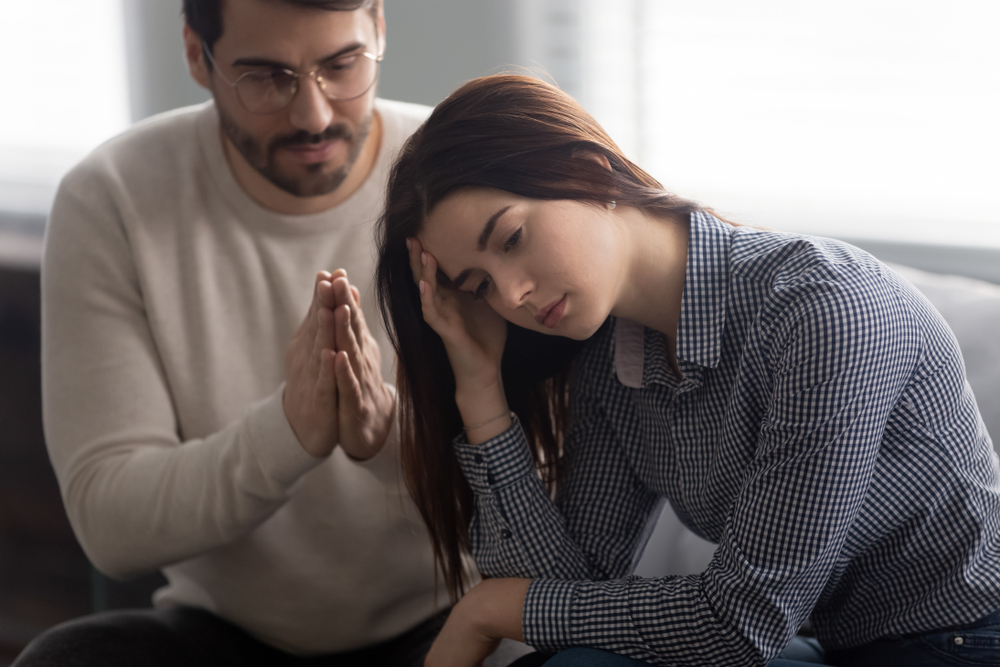
Excessive apologizing is a hallmark trait of those who do not feel emotionally secure. They say “sorry” for being late, for speaking up, or even for taking up space. These apologies are not just about politeness. They are about survival. In emotionally hostile environments, people learn to appease others to stay safe. Apologizing becomes a default defense. It creates the illusion of control in situations where they feel powerless. This habit often continues into adulthood, even when no one is demanding an apology.
They Feel Guilty for Feeling Anything At All
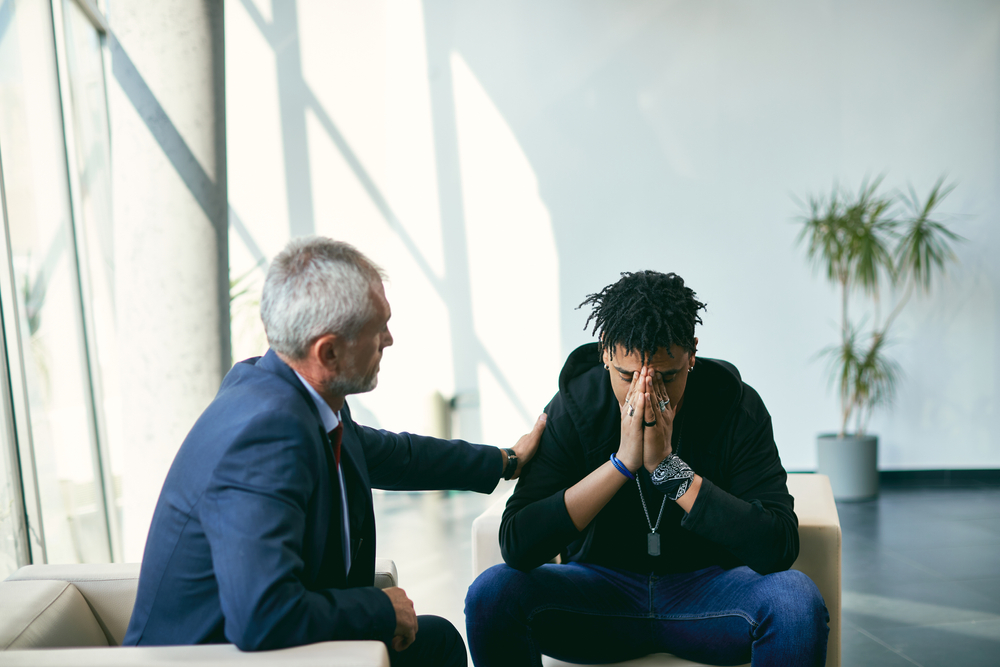
Emotional guilt runs deep in people who were raised in emotionally unsafe homes. If they were punished for crying or shamed for anger, they may have internalized the idea that all strong emotions are wrong. As adults, they may feel guilty just for being sad, overwhelmed, or frustrated. Instead of expressing their emotions, they suppress them. Over time, this emotional suppression can lead to mental health issues like anxiety, depression, or even psychosomatic symptoms. According to psychological studies, unprocessed emotional guilt can deeply impact a person’s sense of worth.
They Are Hyperaware of Everyone’s Moods
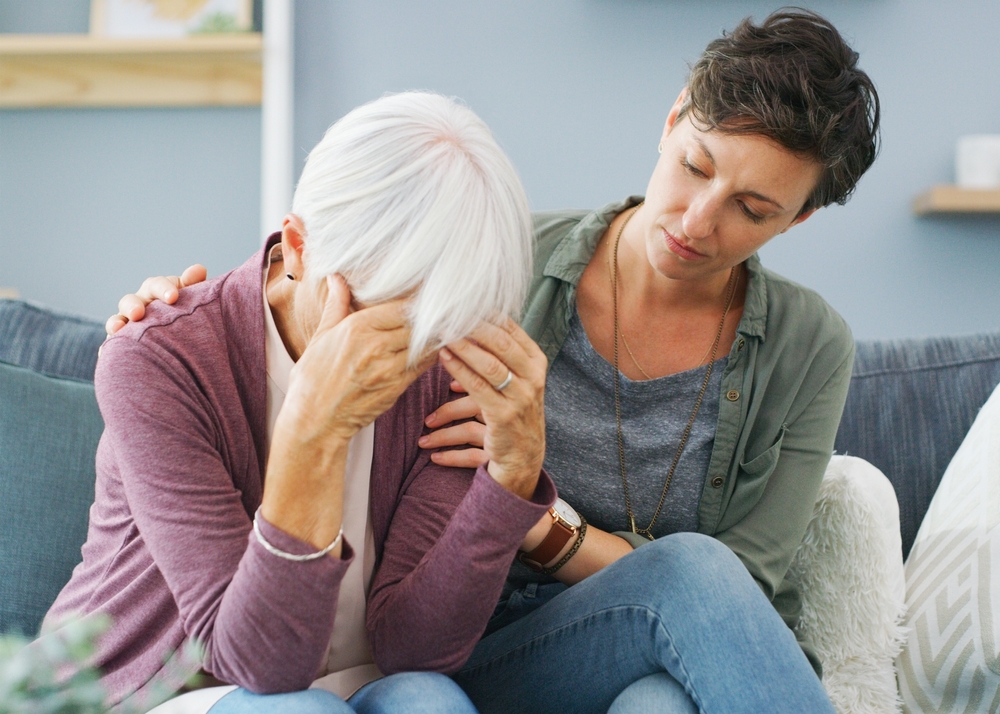
Emotional insecurity often leads to heightened emotional scanning. These individuals learn to read facial expressions, tones of voice, and body language with almost obsessive accuracy. This is not intuition. It is a form of survival adaptation called fawning, which is common among people with complex trauma. They track everyone’s mood in an attempt to predict danger or prevent conflict. This mental hypervigilance is exhausting and often goes unnoticed by others. They may appear socially skilled, but inside they are working hard just to feel safe.
They Feel Like a Burden in Close Relationships
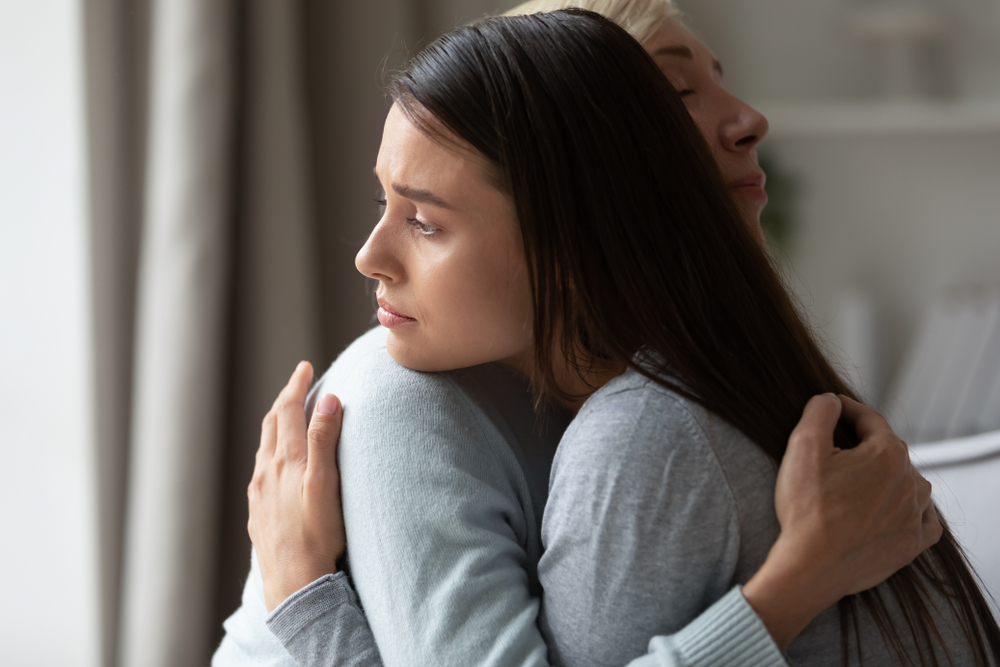
Even in healthy relationships, people who feel emotionally unsafe carry the belief that they are “too much.” They might distance themselves when they are upset or minimize their needs to avoid conflict. This fear of being a burden comes from experiences where their emotions were dismissed or used against them. In emotionally neglectful or abusive environments, people learn that closeness comes with risk. As a result, they keep others at arm’s length, even when they crave intimacy. This creates a cycle of loneliness that reinforces their sense of emotional danger.
Read More: 11 Clear Signs You’re Stuck in a One-Sided Friendship
They Over-Explain Everything to Justify Themselves

Over-explaining is a strategy used to avoid criticism or misunderstanding. It often shows up in people who have experienced emotional invalidation. They add long justifications to simple requests or over-clarify opinions to preempt backlash. This behavior is not about being thorough. It is about trying to control how others perceive them. By explaining everything in detail, they hope to prevent emotional harm. This is often a trauma response rooted in past experiences where they were blamed or gaslit for things they did not do.
They Feel Safer in Solitude Than in Most Relationships

People who feel emotionally unsafe often find solitude more peaceful than connection. This does not mean they are antisocial. It means their nervous system relaxes when they are alone. In solitude, they are not anticipating judgment or rejection. Relationships, even loving ones, can trigger feelings of vulnerability that feel overwhelming. Solitude becomes a sanctuary where they can regulate their emotions without the risk of being hurt. While isolation has its drawbacks, for these individuals it can offer temporary emotional relief that no social interaction seems to match.
The Hidden Cost of Emotional Unsafety
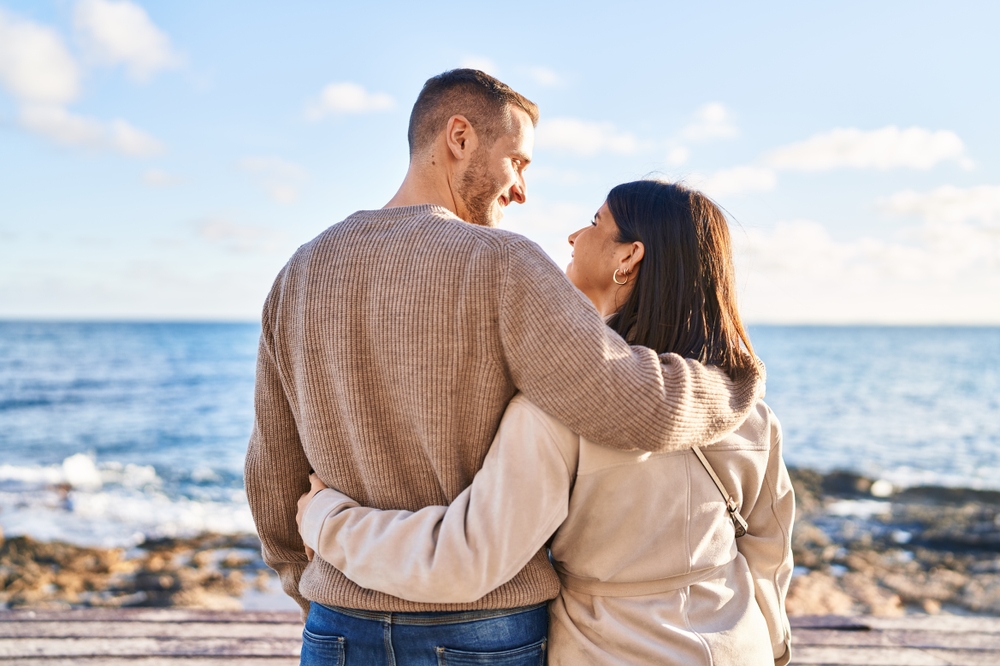
The impact of emotional unsafety is far-reaching. It affects how people communicate, trust, and even how they see themselves. Many of the patterns described above are not personality flaws. They are protective strategies developed in environments where emotional safety was not guaranteed. Trauma-informed research shows that healing begins when people feel seen, heard, and validated. Emotional safety is not about avoiding discomfort. It is about knowing you will not be punished for being human. By understanding what emotionally unsafe people often keep hidden, we can build more compassionate relationships and safer communication tools.
Read More: 8 Subtle Signs of Toxic Communication and How to Handle Them
Disclaimer: This information is not intended to be a substitute for professional medical advice, diagnosis or treatment and is for information only. Always seek the advice of your physician or another qualified health provider with any questions about your medical condition and/or current medication. Do not disregard professional medical advice or delay seeking advice or treatment because of something you have read here.
Disclaimer: This article was created with AI assistance and edited by a human for accuracy and clarity.

